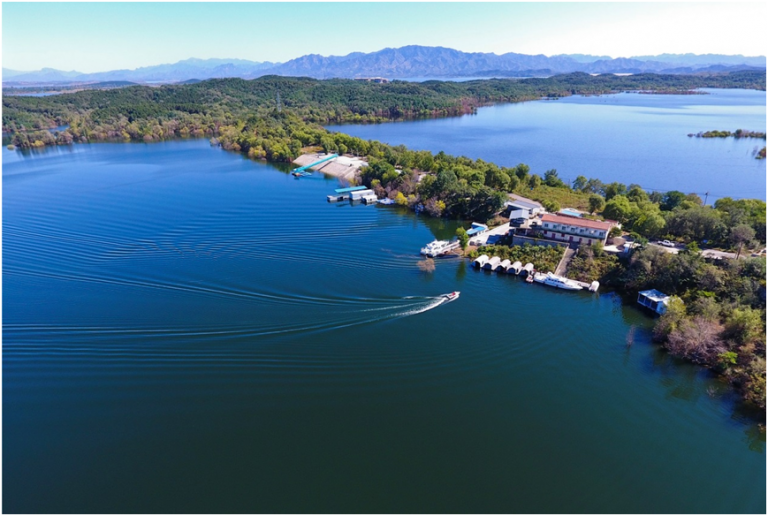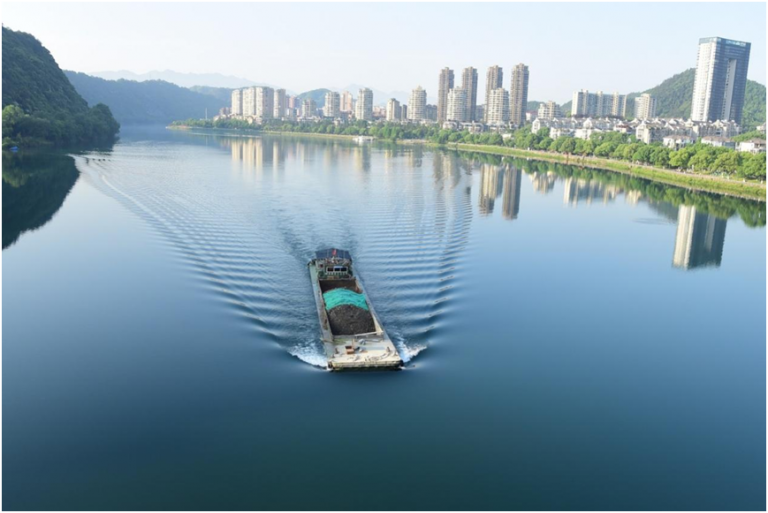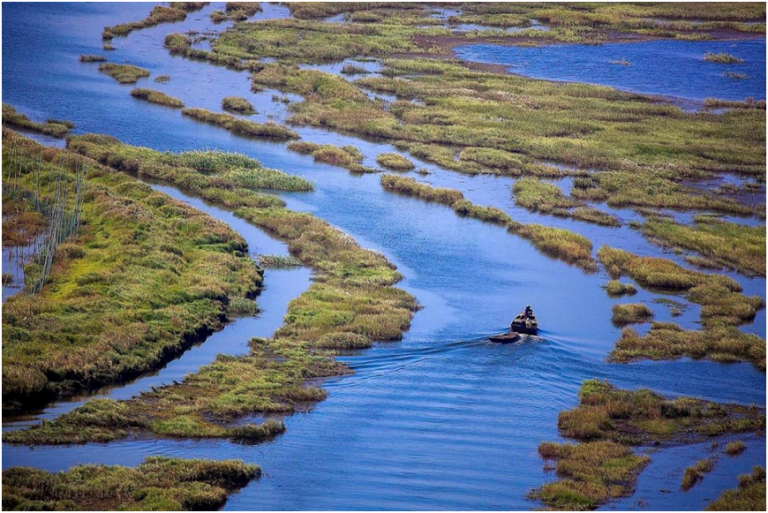
By LiuFawei
Henan province, an economic powerhouse in central China located in the middle and lower reaches of the Yellow River, recently received 126 million yuan ($18.67 million) of ecological compensation from Shandong for its outstanding performance in improving the water quality of the river.
In April last year, the two provinces inked the first cross-provincial compensation agreement for horizontal ecological protection in the Yellow River basin.
According to the agreement, if the quality of water in the Henan section of the Yellow River improves by one level from category-III over the course of one year, Shandong, which lies in the lower reaches of the river, will pay Henan 60 million yuan as a reward, and if the quality worsens by a level, Henan will pay 60 million yuan to Shandong as compensation.
In 2012, the first cross-provincial river basin eco-compensation mechanism was piloted in the Xin’an River basin. The river, which rises from Xiuning county, Huangshan, east China’s Anhui province, is the largest river flowing into the coastal province of Zhejiang in east China. It provides over 60 percent of the water in Qiandao Lake, an important water source for Hangzhou, capital of Zhejiang.
The pilot program offered annual compensation of 500 million yuan, including 300 million yuan from the central government, 100 million yuan from Anhui and 100 million yuan from Zhejiang.
According to the program, if the water quality made the grade, Zhejiang would pay Anhui 100 million yuan as a reward. Otherwise, Anhui would pay Zhejiang 100 million yuan as compensation.

The water quality in the Xin’an River has remained good and steadily improved since the pilot program between the two provinces was implemented. The quality of water sampled in the cross-provincial section has reached category-II level, and the river is sending nearly 7 billion cubic meters of clean water to the Qiandao Lake. The water quality of the Qiandao Lake is on the rise, too.
In 2018, Beijing and its neighboring province Hebei jointly starteda compensation mechanism for horizontal ecological protection in the Chaobai River in the upper reaches of Beijing’s Miyun Reservoir.
So far, Beijing has paid Hebei a total of 950 million yuan as compensation, and the fund was mainly used to advance water environment governance, water ecological restoration and water resource conservation in five counties of Hebei’s Zhangjiakou and Chengde.
The mechanism has set an example of joint river protection for regions with scarce water resources in north China, said an official with the Department of Water Ecology and Environment, Ministry of Ecology and Environment.
The agreement includes water volume and total nitrogen, which is unique among all similar pilot programs in China, the official said.

The five counties, making joint efforts to promote river protection, pollution treatment, and water conservancy, have effectively safeguarded the quality of the water flowing into the Miyun Reservoir from the Chaobai River, and laid a solid foundation for the long-term river basin eco-compensation mechanism in the Beijing-Tianjin-Hebei region, the official said.
The cross-provincial compensation mechanism is an important tool to motivate joint protection efforts of ecological products between the supplying and benefiting regions. Over the past 10 years, the mechanism has been piloted in 13 river basins and sections in 18 provincial-level regions. Nearly 70 percent of the river basins and sections have received compensation at least once, and five have received at least twice.
The compensation mechanism for horizontal ecological protection has achieved positive progress. It has steadily improved water quality and the environment at cross-provincial river sections, and enhanced coordinated protection by regions in both the upper and lower reaches of rivers.
Thanks to the implementation of the mechanism, the regions in the upper reaches of rivers have made great efforts to advance pollution treatment and rural environmental governance, which has led to steady improvement in water quality and the environment, as well as constant upgrading of the ecological environment.










